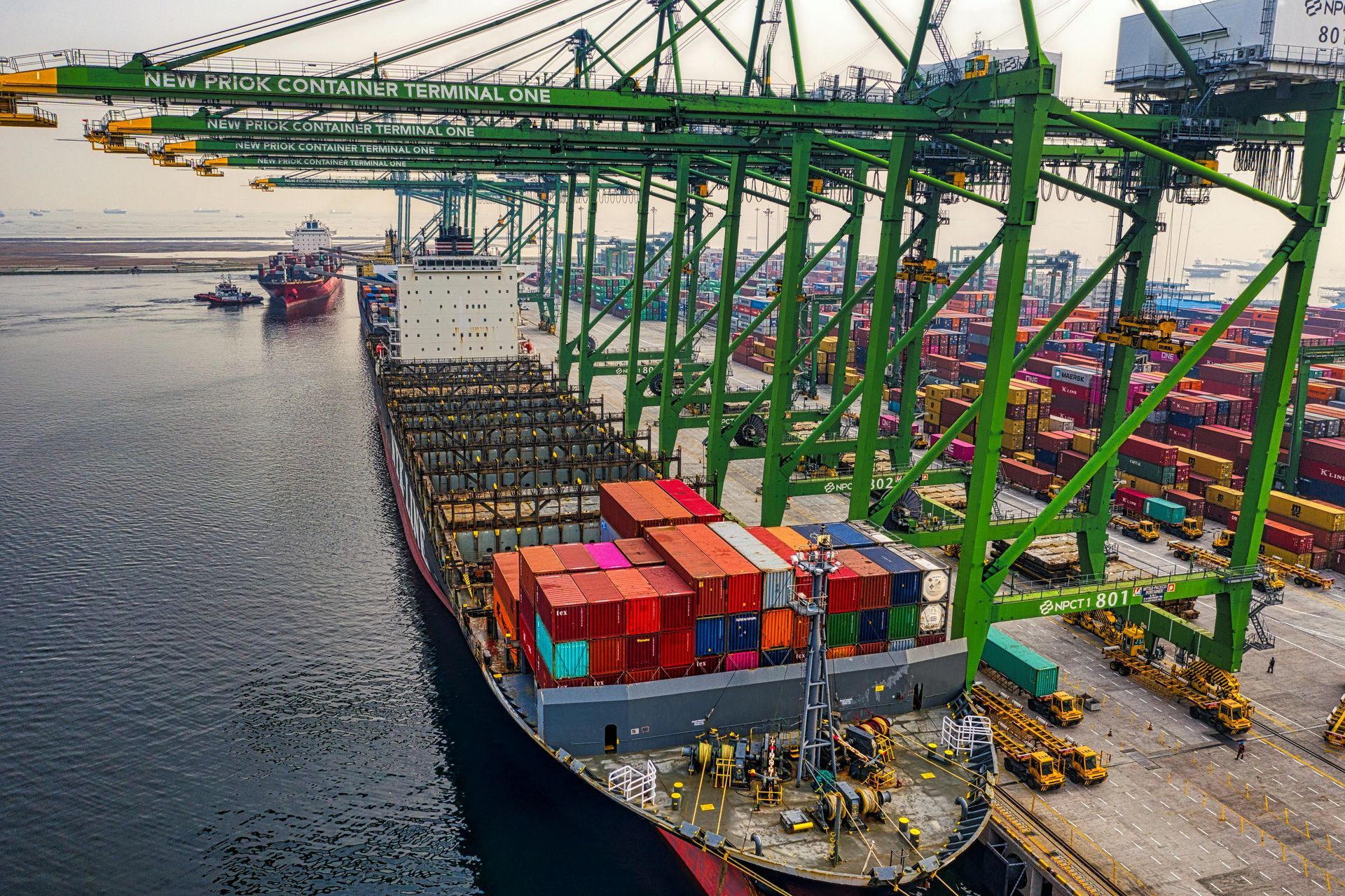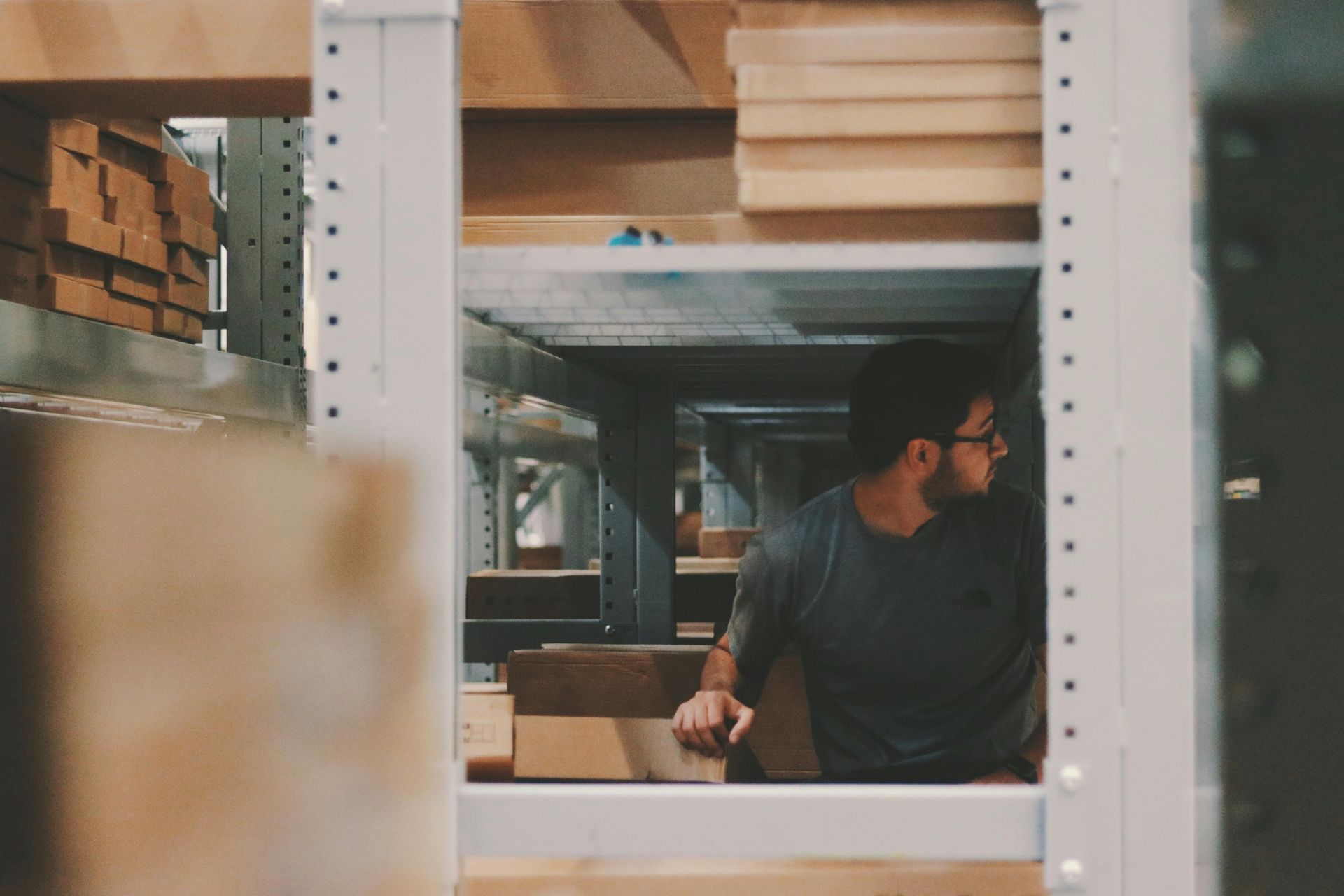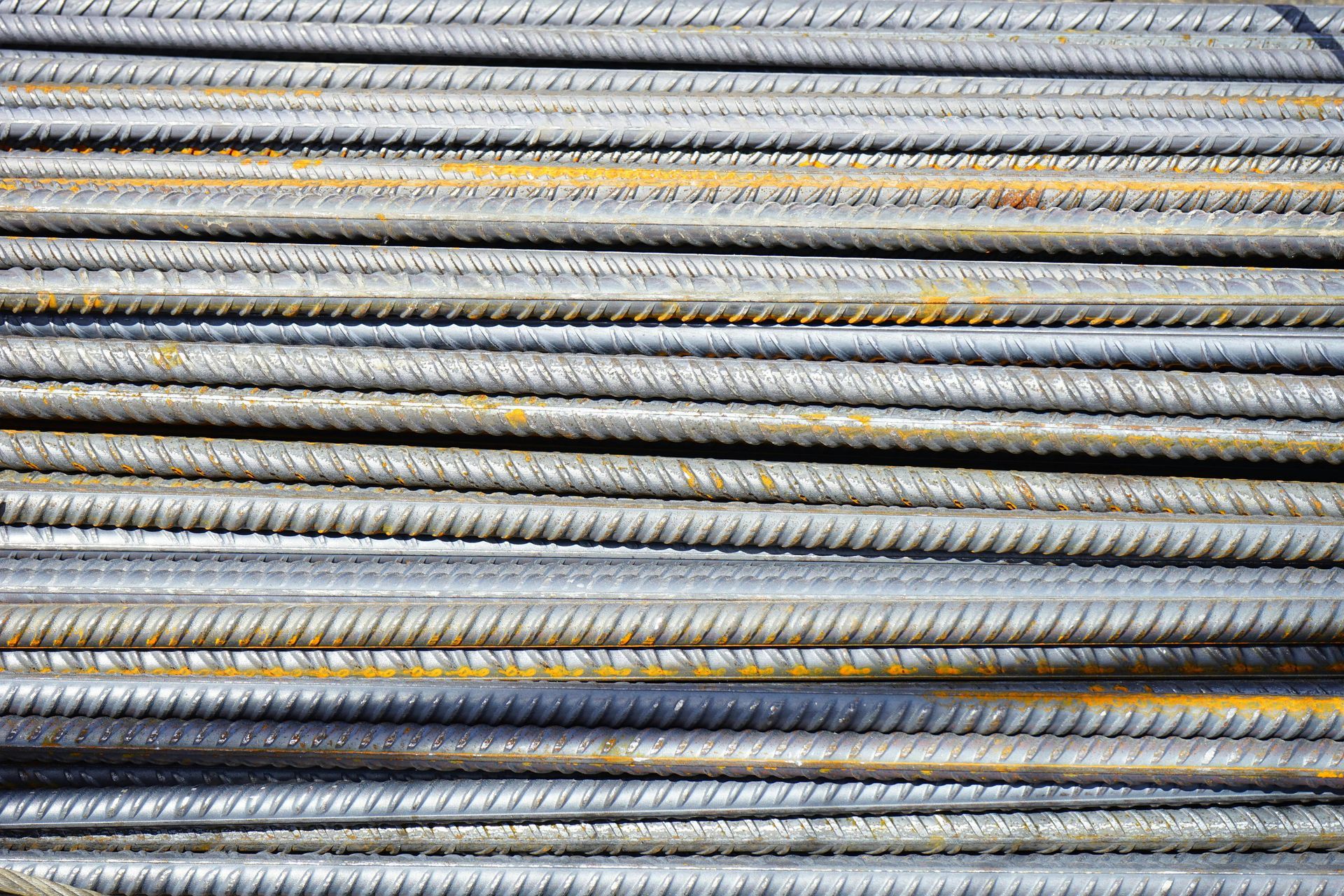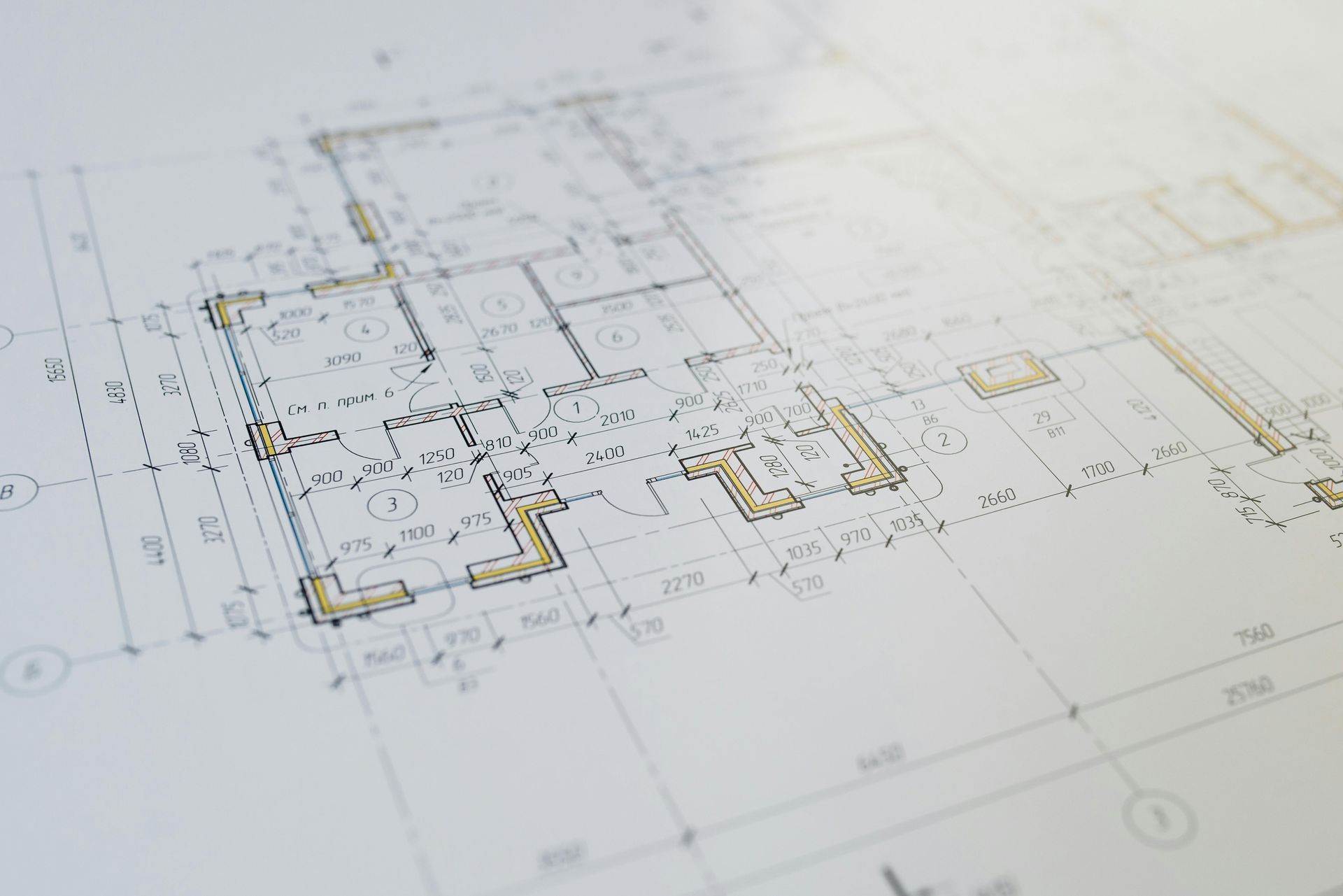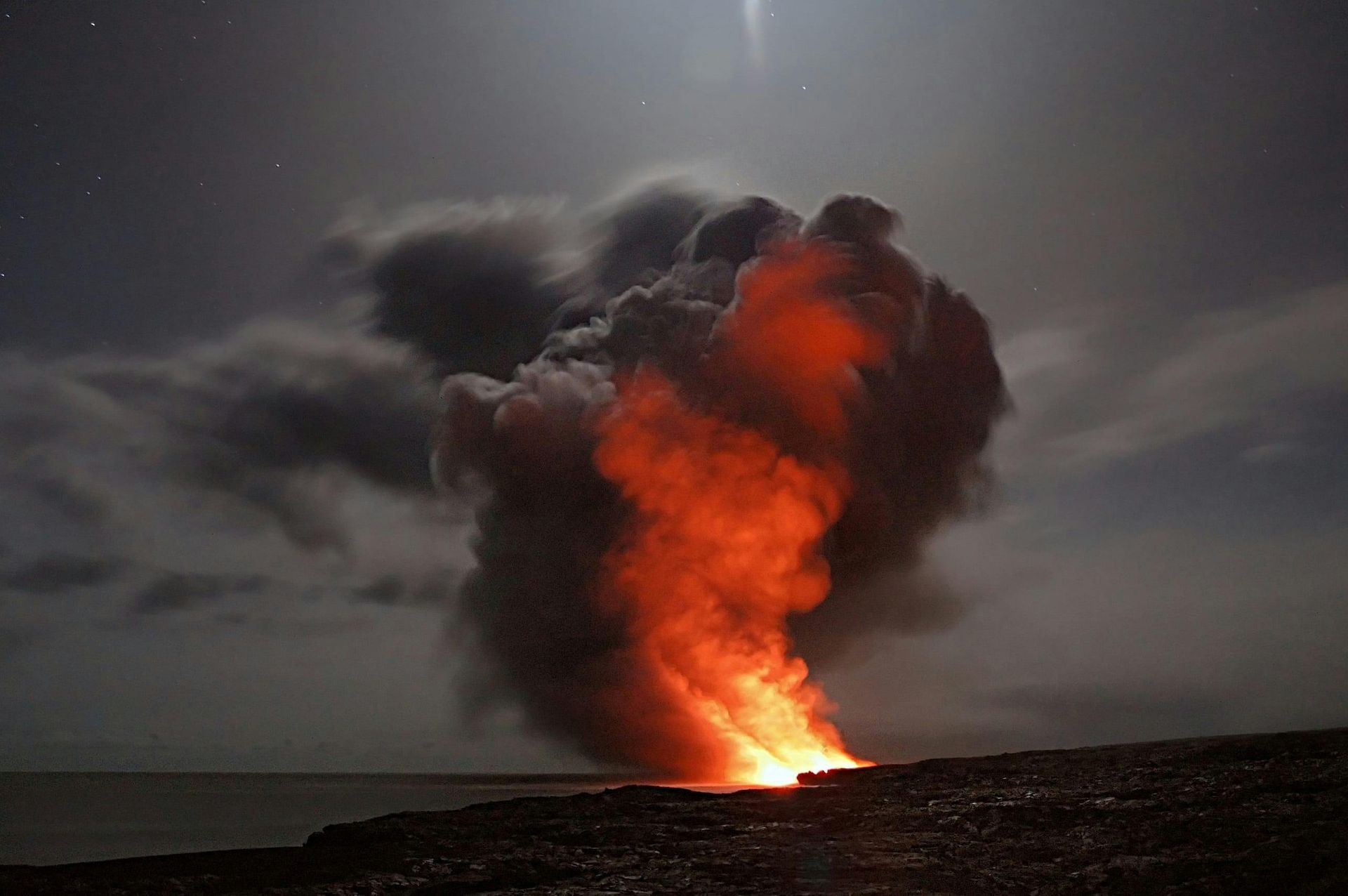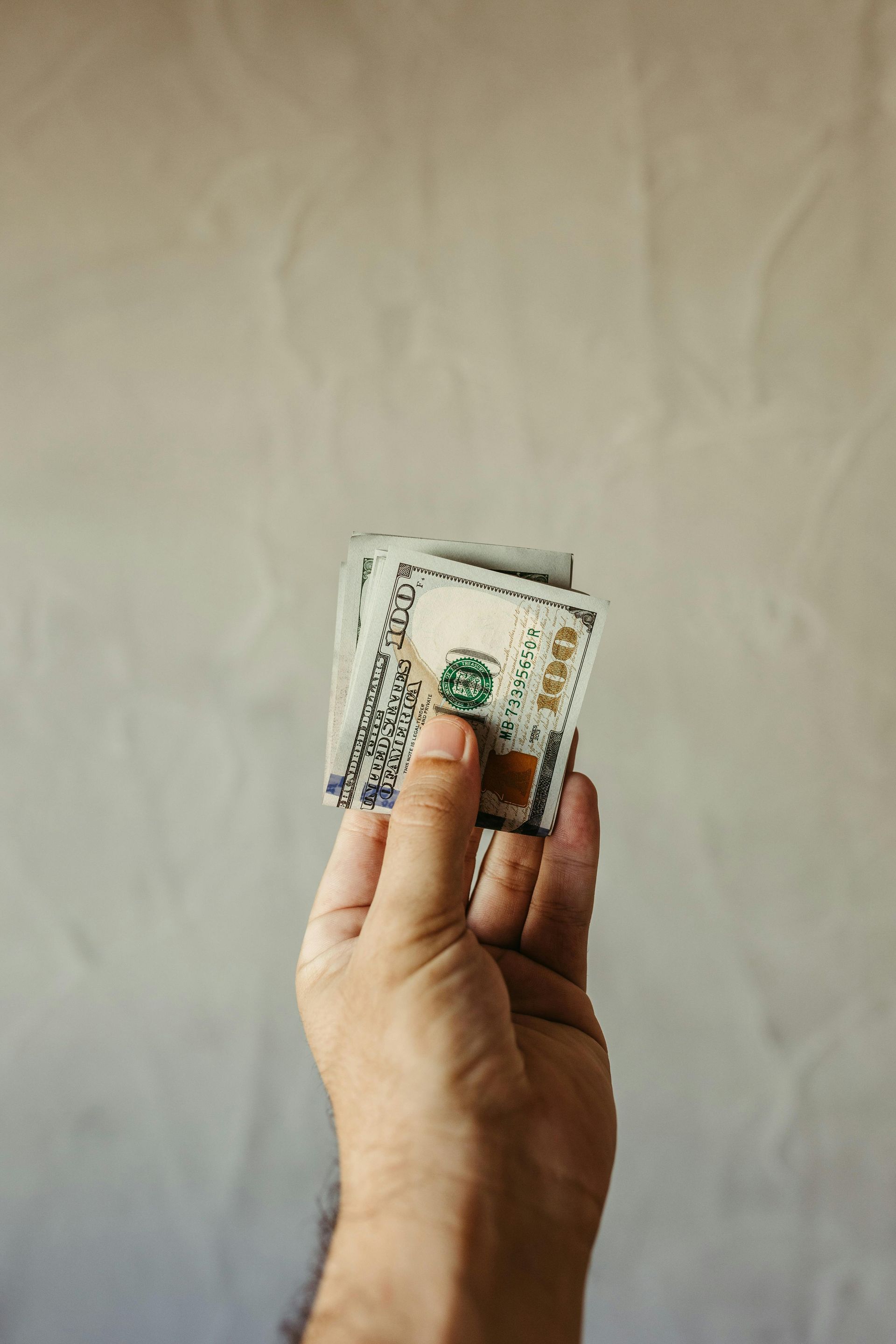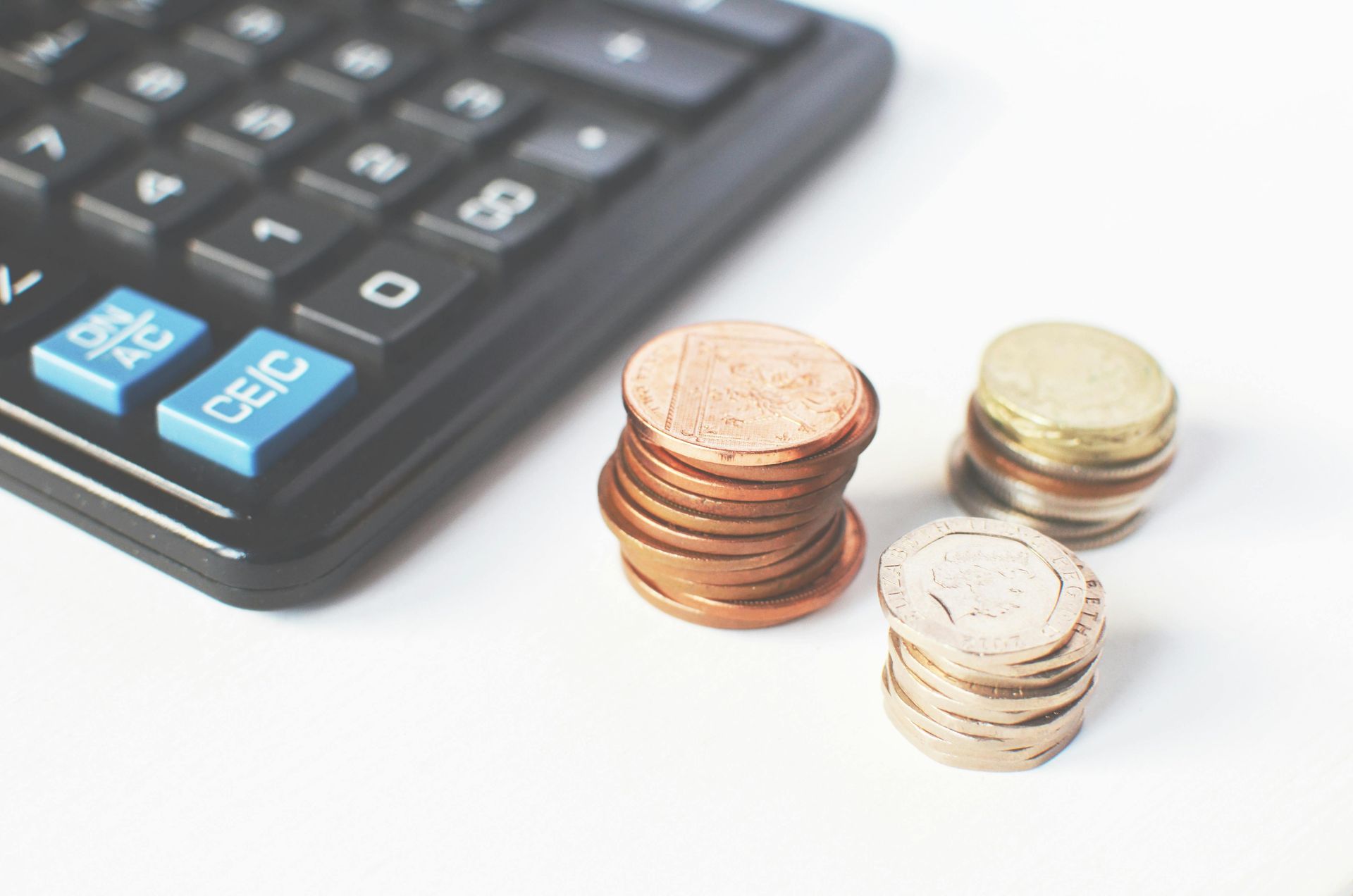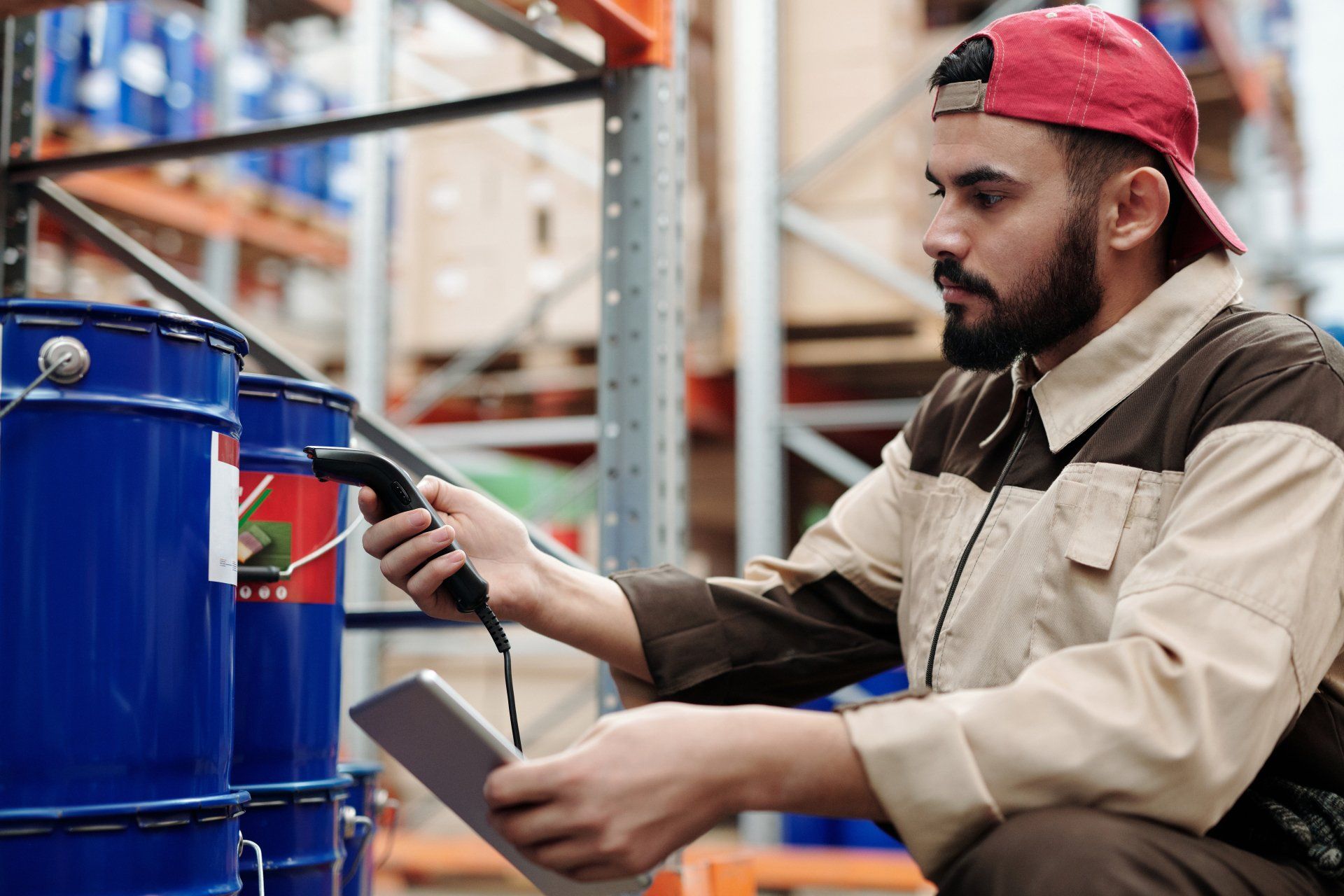The Role of Technology in Modern MDU Construction: Innovations That Elevate Living
The construction and management of Multiple Dwelling Units (MDUs) are being transformed by technology. As urbanization accelerates and the demand for high-quality housing rises, developers and property managers are turning to cutting-edge solutions to meet tenant expectations and streamline operations. Technology is reshaping every aspect of MDU living, from design and construction to daily management and tenant experience. By embracing these advancements, MDUs can achieve greater sustainability, efficiency, and tenant satisfaction. Here’s how technology is revolutionizing the MDU industry.
Advanced Building Techniques: Accelerating Construction and Enhancing Sustainability
Modern construction technologies enable developers to build faster, smarter, and with a smaller environmental footprint. These advancements address the growing demand for MDUs in urban areas while prioritizing efficiency and sustainability.
- Modular Construction for Rapid Deployment: Modular construction has become a game-changer for MDU projects. Entire sections of buildings are prefabricated off-site in controlled environments, reducing on-site construction time by up to 50%. For example, hotel-style MDUs in urban areas can now be assembled in months rather than years, allowing developers to meet demand quickly without sacrificing quality.
- 3D Printing for Custom Components: In addition to modular construction, 3D printing is being used to create custom building components such as facades, decorative elements, and even entire walls. This method reduces waste, speeds up production, and allows for highly customized designs.
- Building Information Modeling (BIM): BIM technology creates digital blueprints of an entire building, allowing all stakeholders—architects, engineers, and contractors—to collaborate seamlessly. BIM reduces errors, optimizes material use, and allows for virtual simulations of how the building will perform over time, ensuring better decision-making during the construction process.
- Green Construction Materials: Innovations in materials, such as cross-laminated timber (CLT), low-carbon concrete, and recycled steel, are reducing the environmental impact of MDU construction. CLT, for instance, is a renewable material that provides the strength of steel with a fraction of the environmental footprint.
- AI-Driven Construction Management: Artificial intelligence (AI) tools are now used to manage schedules, resources, and labor, ensuring construction projects remain on track and within budget. These tools predict delays, optimize workflows, and provide real-time updates, helping developers meet deadlines more reliably.
By adopting these technologies, developers can create MDUs that are not only cost-efficient and faster to build but also aligned with sustainable construction practices.
Smart Home Integration: Convenience, Control, and Energy Efficiency for Tenants
Smart home technology is no longer a luxury—it’s an expectation among modern tenants. Integrating smart systems into MDUs provides unparalleled convenience, better energy management, and enhanced tenant satisfaction.
- Customizable Smart Thermostats: Devices like Nest or Ecobee thermostats give tenants control over their heating and cooling through mobile apps or voice commands. These devices can be programmed to learn residents’ preferences and optimize energy use, saving both tenants and property managers money.
- Voice-Controlled Assistants: Many MDUs are pre-installed with systems compatible with voice assistants like Amazon Alexa or Google Home. Tenants can control lighting, appliances, and security features simply by speaking, creating a futuristic and convenient living environment.
- Smart Appliances: Connected appliances such as ovens, dishwashers, and washing machines allow tenants to monitor usage and receive alerts. For example, a smart oven can notify residents when a preheating cycle is complete, or a washer can send a reminder when the laundry is ready for the dryer.
- Energy Monitoring for Individual Units: Smart plugs and outlets provide residents with insights into their energy usage, helping them identify inefficiencies and adopt more sustainable habits. For example, tenants can track which appliances consume the most energy and adjust their usage to save on bills.
- Automated Lighting Systems: Smart lighting systems let tenants customize brightness and color settings to match their mood or activity. Motion-activated lighting in hallways and entryways provides added convenience and energy savings.
Smart home integration not only appeals to tech-savvy tenants but also improves energy efficiency, making MDUs more sustainable and affordable.
Enhanced Security: Protecting Residents and Property
Security is a top concern for tenants and property managers alike. Technology is elevating MDU security systems to provide peace of mind and protect assets more effectively.
- Biometric Access Control: Advanced access control systems now use biometric data, such as fingerprints or facial recognition, to grant access to buildings or specific areas. These systems enhance security by ensuring that only authorized individuals can enter.
- Smart Doorbells and Cameras: Smart doorbells equipped with cameras allow tenants to see who’s at their door and communicate with visitors, even when they’re away. Property managers can also monitor building entrances and shared spaces in real time, improving safety.
- Emergency Preparedness Tools: Many MDUs are adopting emergency notification systems that send instant alerts to tenants in the event of fires, severe weather, or other emergencies. These tools ensure residents stay informed and can act quickly in critical situations.
- 24/7 Video Surveillance with AI: High-definition surveillance cameras paired with AI software can detect unusual activity, such as loitering or unauthorized entry, and alert security staff automatically. This reduces response times and prevents potential incidents.
- Package Management Systems: With online shopping on the rise, MDUs are implementing smart lockers for secure package delivery. Tenants receive a notification when their package is delivered, and the locker can only be accessed with a unique code.
These advanced security measures create a safer living environment, which is a significant factor in attracting and retaining tenants.
Energy Efficiency and Sustainability: A Green Approach
Energy efficiency is a critical concern for both property managers and environmentally conscious tenants. Technology is driving innovative solutions that make MDUs greener and more cost-effective.
- Smart Energy Management Systems: These systems monitor energy usage across the property in real time, identifying inefficiencies and optimizing consumption. For example, systems can adjust HVAC usage in common areas based on occupancy patterns, saving energy during off-peak hours.
- On-Site Renewable Energy: Solar panels, wind turbines, and geothermal energy systems are becoming increasingly common in MDUs. Solar panels on rooftops or facades can power common areas, while geothermal systems provide efficient heating and cooling.
- Battery Storage Solutions: Energy storage systems allow MDUs to store excess energy generated during the day (e.g., from solar panels) for use at night or during peak demand periods. This reduces reliance on the grid and lowers utility costs.
- Water Conservation Technology: Smart irrigation systems for landscaping adjust watering schedules based on weather data, ensuring no water is wasted. Low-flow faucets and shower heads, paired with water monitoring systems, further reduce water consumption.
- EV Charging Stations: Electric vehicle charging stations are becoming a must-have for MDUs. Many buildings now pair these with renewable energy systems, allowing tenants to charge their vehicles sustainably.
These energy-efficient and sustainable upgrades not only reduce operational costs but also appeal to tenants who prioritize eco-friendly living.
Tenant Experience Platforms: Seamless Living for Residents
Modern technology is enhancing how tenants interact with their living environment, creating a more seamless and satisfying experience.
- Mobile Apps for Building Management: Tenant portals allow residents to pay rent, request maintenance, and communicate with property managers—all from their smartphones. Features like notifications for upcoming community events or building updates keep tenants engaged and informed.
- Community Engagement Tools: Platforms that facilitate social interaction, such as forums or event sign-ups, help foster a sense of community. For example, residents can organize carpool groups, share recommendations for local services, or coordinate meet-ups.
- IoT-Driven Maintenance Requests: Internet of Things (IoT) devices monitor building systems, such as plumbing and HVAC, to detect issues like leaks or malfunctions. These systems automatically alert maintenance teams, ensuring faster resolutions and minimizing tenant inconvenience.
- Smart Parking Solutions: Parking management systems use sensors to track available spots and direct tenants to open spaces. Some systems also allow tenants to reserve spots in advance, reducing frustration in busy urban areas.
Tenant experience platforms streamline operations and create a more connected, enjoyable living environment, making MDUs more competitive in the rental market.
Virtual Reality (VR) and Augmented Reality (AR): Revolutionizing Leasing and Marketing
VR and AR tools are transforming how MDUs attract tenants and showcase their properties.
- Virtual Tours: Prospective tenants can take immersive 360-degree tours of units and common areas without visiting in person. These tours are especially useful for out-of-town renters or during times when in-person visits aren’t feasible.
- AR for Customization: Augmented reality apps let tenants visualize how furniture or decor will look in their unit. This personalized experience helps tenants feel more connected to the space before they move in.
- Digital Staging: Instead of physically staging units, developers can use digital tools to create realistic renderings of furnished spaces. This saves time and money while showcasing the potential of each unit.
These tools enhance the leasing experience, attracting tenants by offering a convenient and engaging way to explore their future homes.
Technology’s Transformative Power in MDU Living
Technology is reshaping every aspect of MDU construction and management, delivering smarter, safer, and more sustainable living spaces. From modular construction techniques and renewable energy systems to smart home features and tenant engagement platforms, these innovations provide value for developers, property managers, and residents alike.
By embracing these advancements, MDUs can meet the demands of modern tenants, reduce operational costs, and create communities that thrive. In a rapidly evolving housing market, technology is not just an enhancement—it’s a necessity for staying competitive and building for the future.
